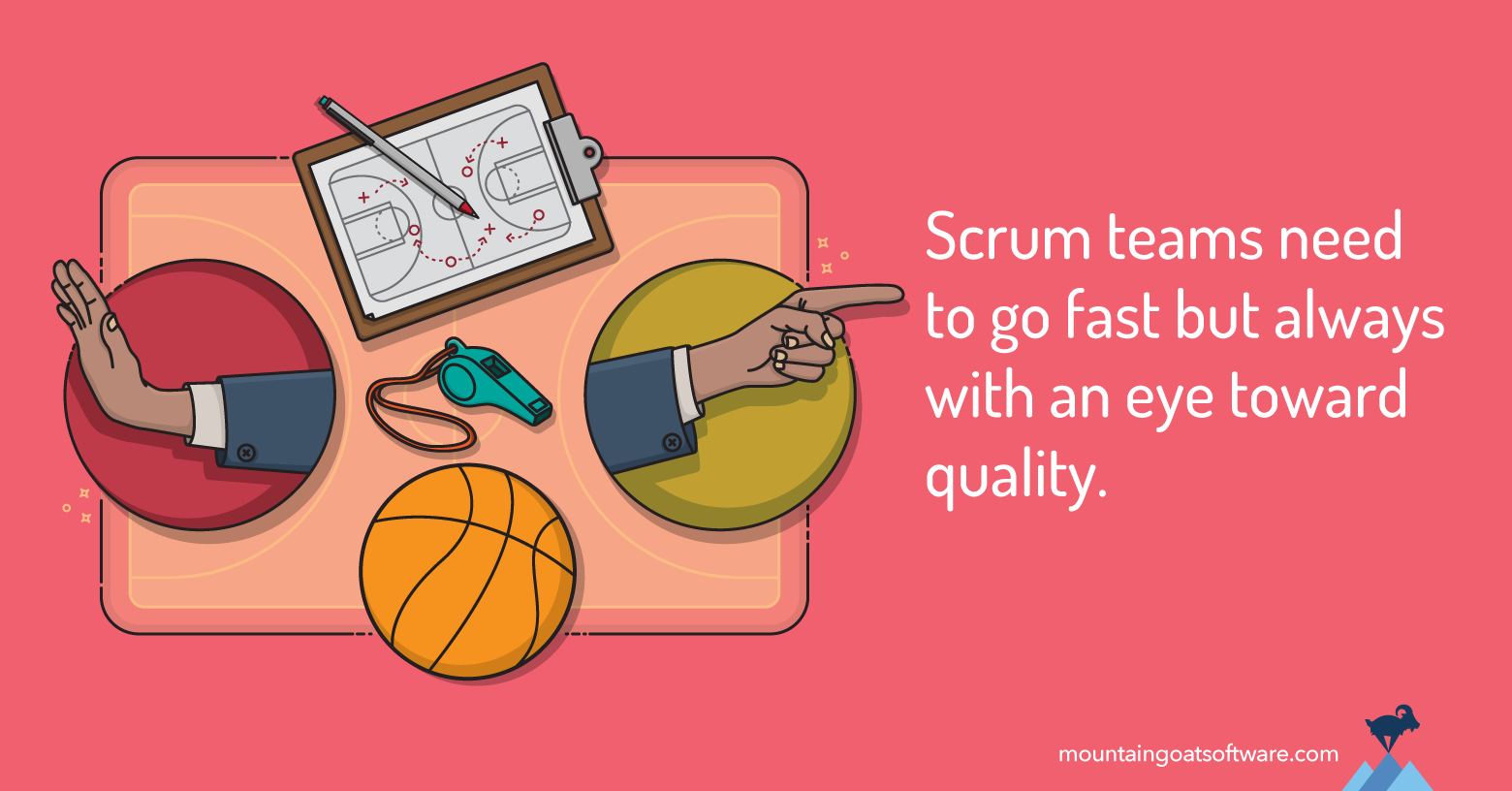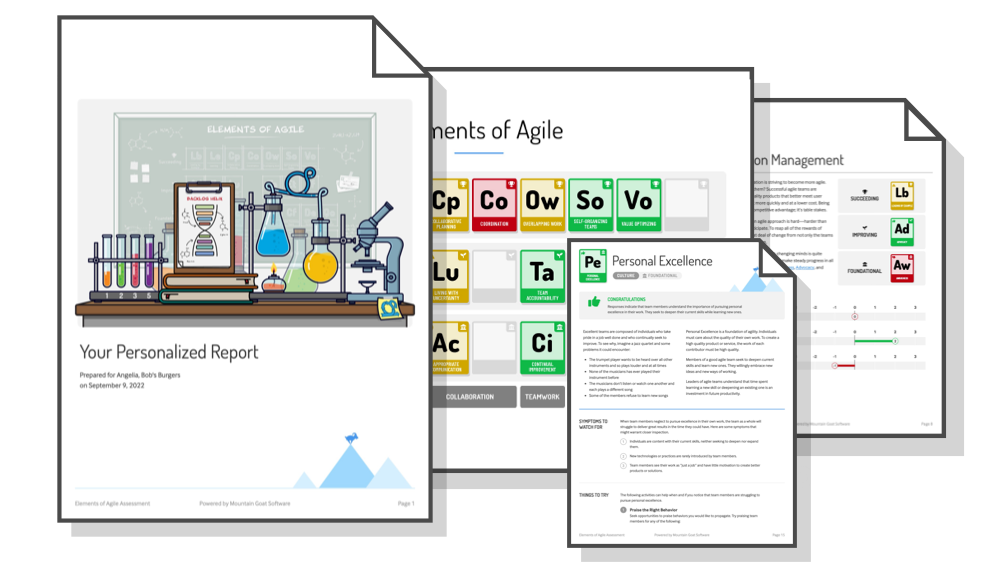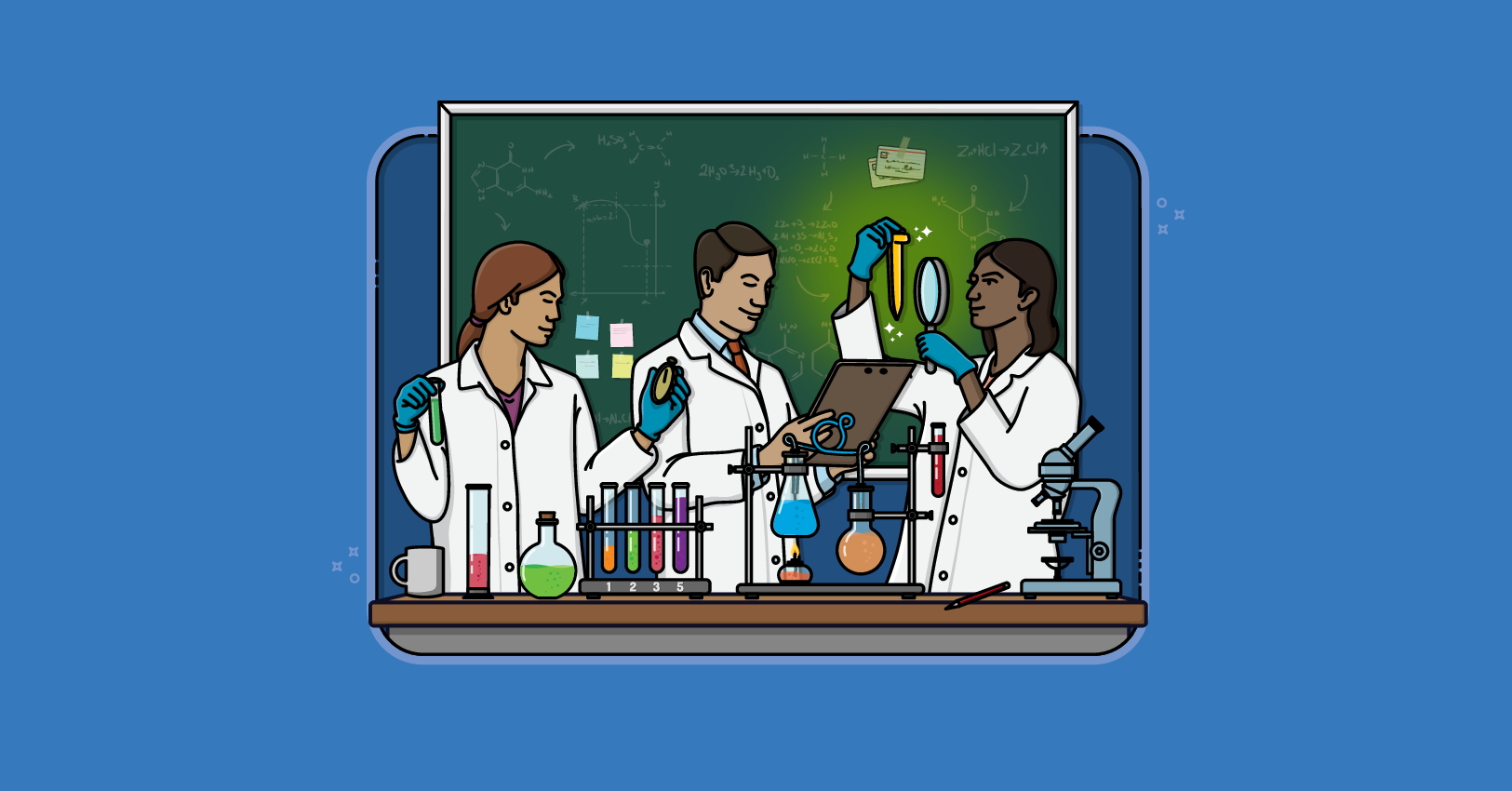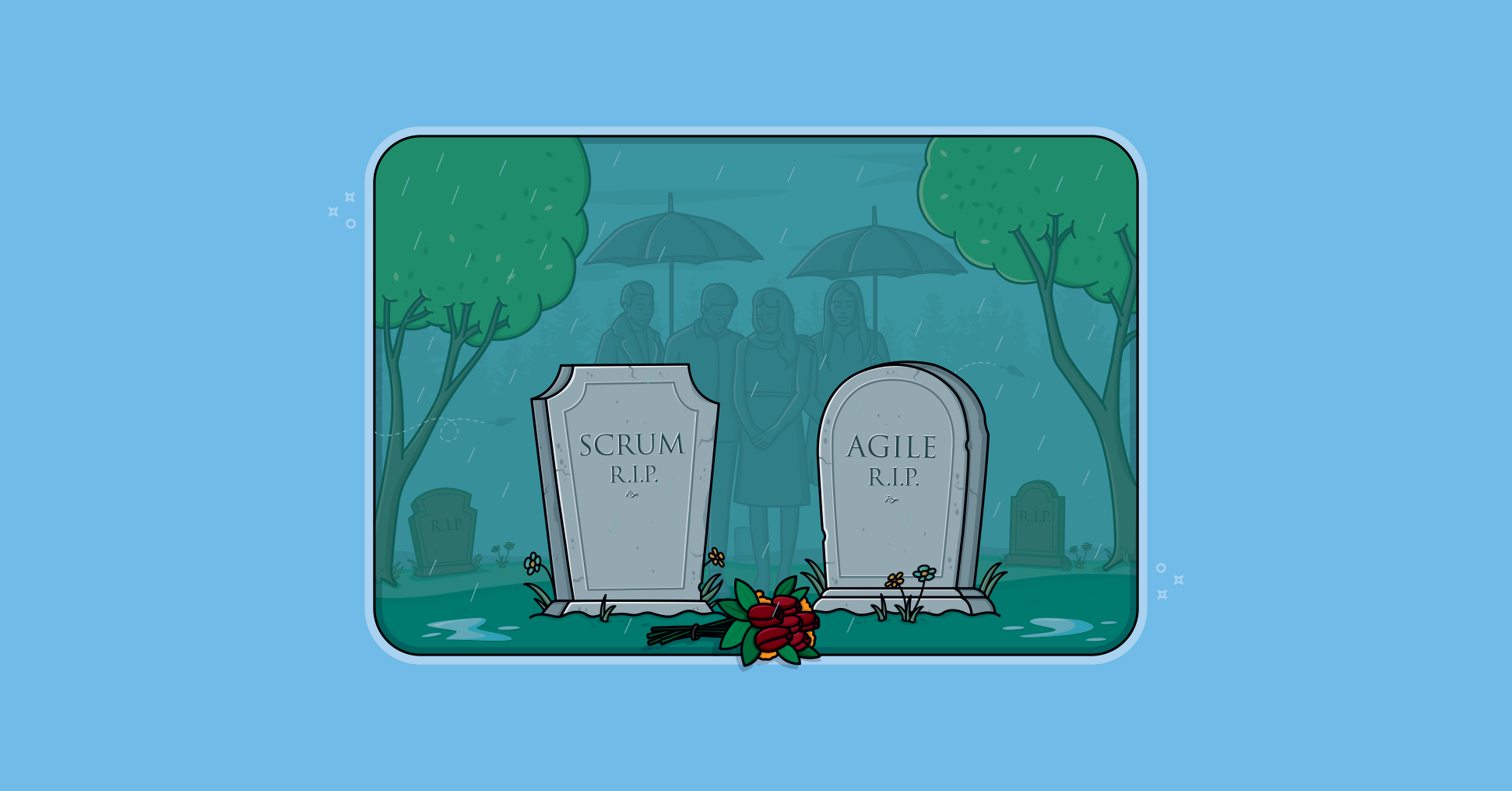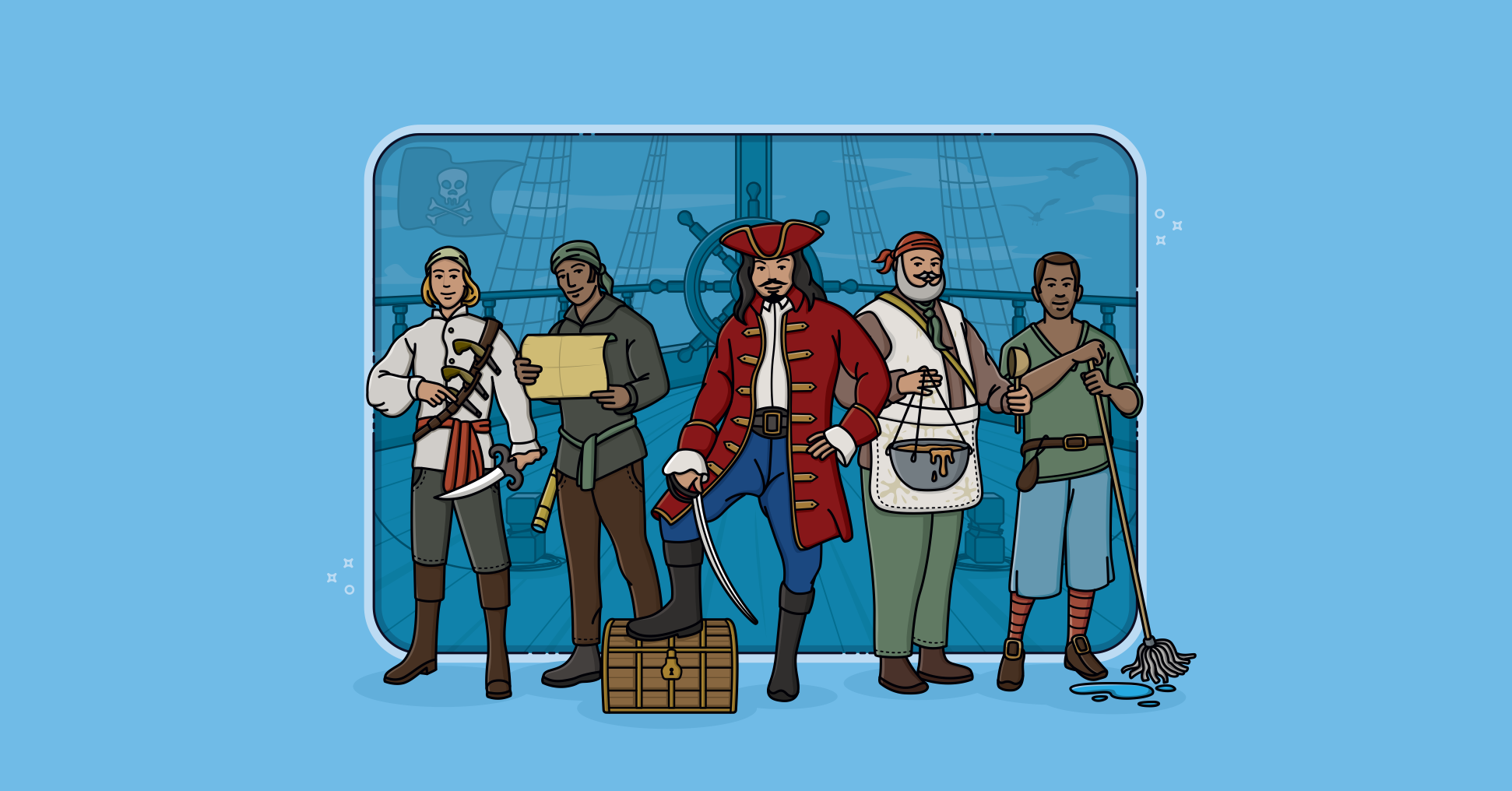It’s one of my favorite times of the year: March Madness. (For non-Americans: That means college basketball playoffs.)
I grew up in Los Angeles during a time when UCLA (University of California Los Angeles) was the dominant college basketball team. As a kid, I would have wanted nothing more than to have played basketball there, especially for their amazing coach, John Wooden. Somehow my 3” vertical leap and complete lack of coordination nipped my basketball career in the bud.
But it never stopped me from admiring Coach Wooden. He would have made a great ScrumMaster. My favorite quote from him was, “Be quick but don’t hurry.”
Isn’t that a perfect motto for Scrum teams? Scrum teams need to go fast but always with an eye toward quality. They need to go fast but not so fast they create technical debt. They need to be quick but should not cross the line and make mistakes. They need to be quick but should not hurry.
“Be quick but don’t hurry” was not Coach Wooden’s only Scrum-friendly advice. He was well known for creating what he called the pyramid of success, fifteen principles when combined led to success. He also listed what he called twelve lessons in leadership. Consider just a few of his lessons in leadership:
- Call yourself a teacher
- Emotion is your enemy
- Little things make big things happen
- Make each day your masterpiece
- The carrot is mightier than the stick
- Make greatness attainable by all
- Seek significant change
- Don’t look at the scoreboard
- Adversity is an asset
You can read the full list of leadership lessons and see his Pyramid of Success on the CoachJohnWooden.com website.
Oh, and Go Bruins!

